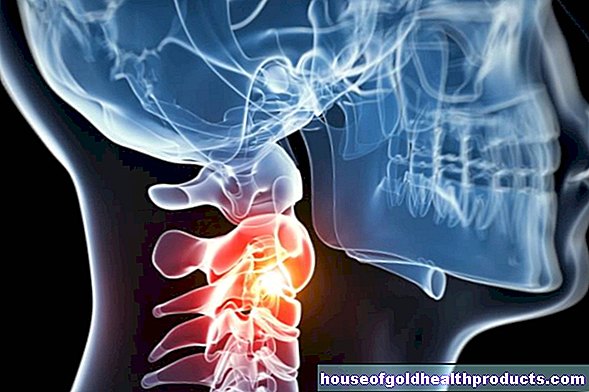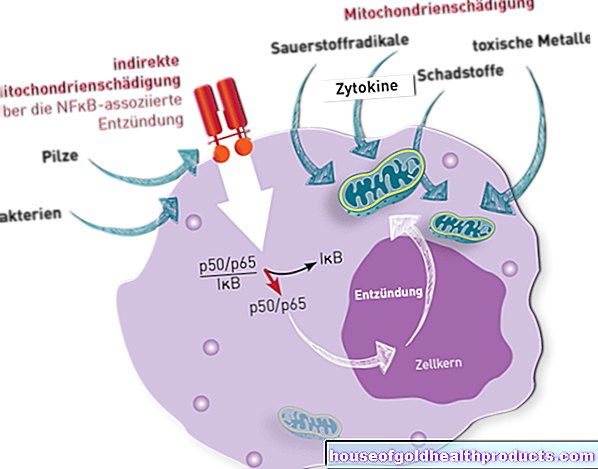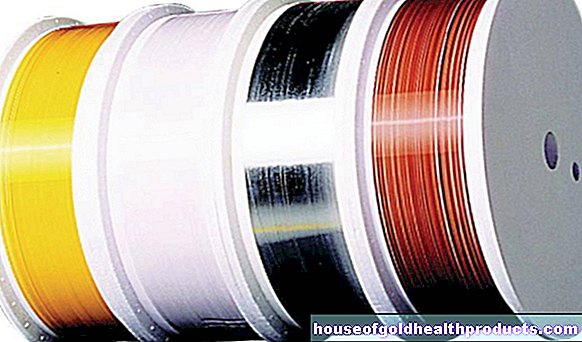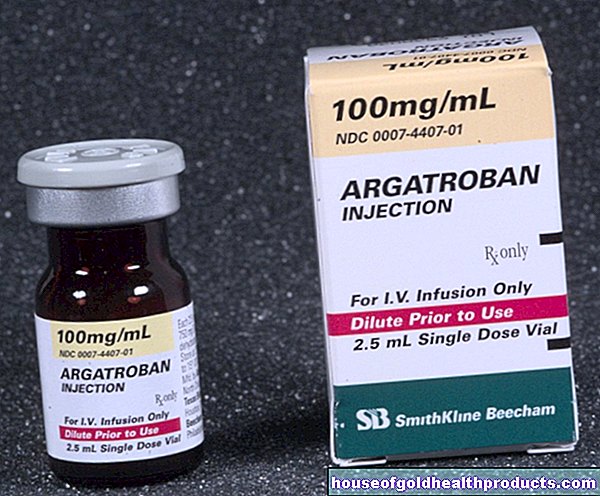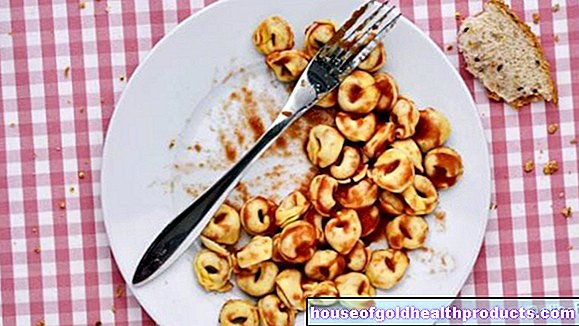Migraines: It's all about having the right fatty acids
Christiane Fux studied journalism and psychology in Hamburg. The experienced medical editor has been writing magazine articles, news and factual texts on all conceivable health topics since 2001. In addition to her work for, Christiane Fux is also active in prose. Her first crime novel was published in 2012, and she also writes, designs and publishes her own crime plays.
More posts by Christiane Fux All content is checked by medical journalists.The choice of fats that migraineurs eat could have a significant impact on headache attacks. The motto is more fish oil, less sunflower oil.
Migraine attacks can take people out of their daily lives. Affected people then twilight behind closed curtains until the pain and nausea subside. For some, the seizures also occur very frequently - a significant reduction in quality of life and performance.
More fish oil, less sunflower oil
Researchers from the National Institute on Aging in Baltimore have found that a change in diet could make a difference: In one study, they were able to show that the number and severity of attacks in many of the participating migraineurs decreased significantly if they avoided vegetable oils with linoleic acid and more Consumed fish oil.
The focus of interest is on two omega-3 fatty acids, which are important components of fish oil: eicosapentaenoic acid (EPA) and docosahexaenoic acid (DHA). “Anyone who consumes more EPA and DHA through food also had correspondingly higher values in their blood. In addition, the levels of pain-relieving oxylipins, which are formed from DHA, are rising, ”explains Daisy Zamora when asked by
Fish oils relieve pain
The researchers assume that such oxylipin derivatives can develop pain-relieving properties when the concentration of EPA and DHA in tissues, which play a role in the development of headaches, increases. "Oxylipin derivatives of EPA and DHA are also precursors to other substances with anti-inflammatory properties," says the researcher.
Linoleic acid (not to be confused with linolenic acid) seems to have a negative effect that increases migraines. It is a doubly saturated omega-6 fatty acid. Earlier studies have found indications that it can fuel inflammation, for example through the increased production of inflammatory substances (including eicosanoids) and the blocking of anti-inflammatory substances produced by the body.
Linoleic acid is contained in varying but high proportions, for example in grape seed and safflower oil. Frequently used oils such as wheat germ, corn germ and sunflower oil also contain high levels of this fatty acid.
"Extra virgin" and butter
"We have replaced high-linoleic acid oils in the diet of our test subjects with low-linoleic acid vegetable oils," explains Zamora to This included oils with a lot of saturated fatty acids such as butter and coconut oil, which are often viewed with skepticism in the diet, but also olive oil with the high quality attribute "extra virgin" and macadamia nut oil.
For the study, the researchers recruited 182 participants who suffered from migraine attacks 5 to 20 days a month. They were divided into three roughly equal groups: One received an increased amount of fatty acids (eicosapentaenoic acid + docosahexaenoic acid) contained in fish oil - namely more than 1.5 g - and linoleic acid in an amount that covers a maximum of 7 percent of the daily energy requirement. The second group received 1.5 grams of fish oil fatty acids per day in the form of wild salmon or tuna meals (approx. 100 g fish) as well as a reduced amount of linoleic acid of a maximum of 1.8 percent of the energy requirement.
The third group acted as a control group. She received less than 150 mg of fish oil fatty acids per day, but around 7 percent of her energy requirements in the form of linoleic acid.
After 16 weeks, the headaches in the two groups with reduced linoleic acid intake had become significantly less frequent - both the number of headache hours per day (from a maximum of 2.5 to 1.3 to 0.5 days) and the number of migraine days per month decreased .
Consuming more fish oil and less linoleic acid could therefore be a worthwhile attempt for people with severe migraines.
Tags: interview alternative medicine menshealth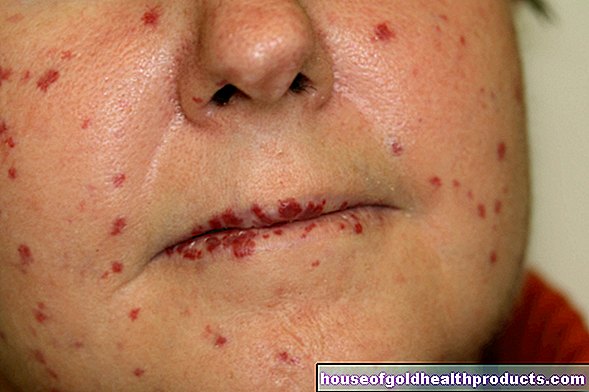
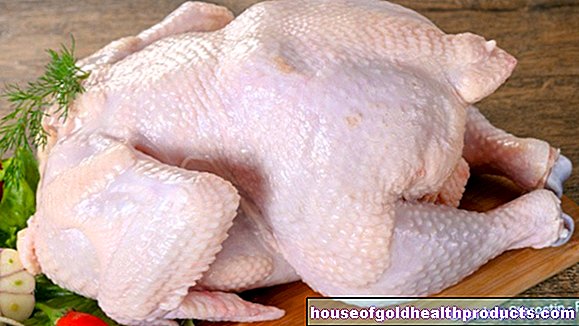


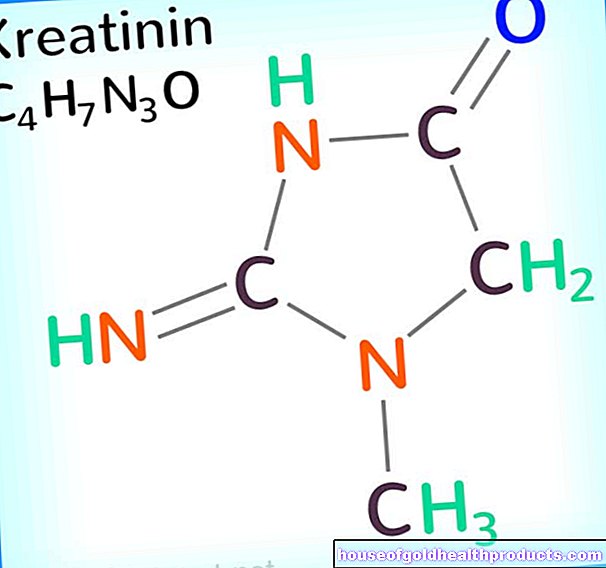
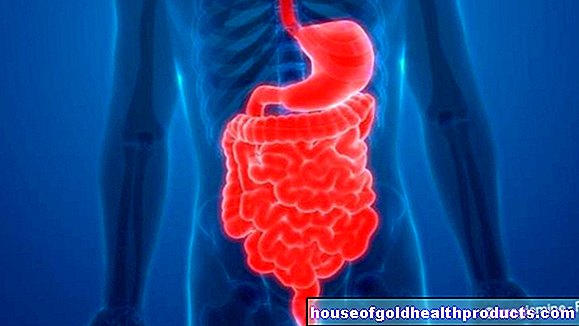
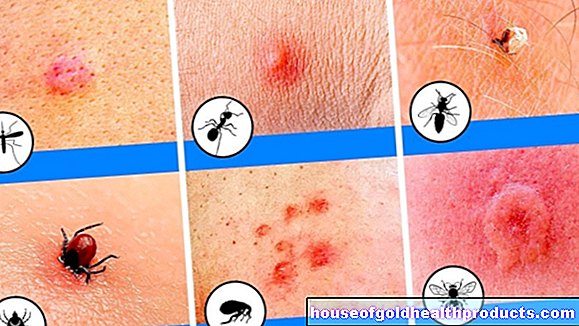

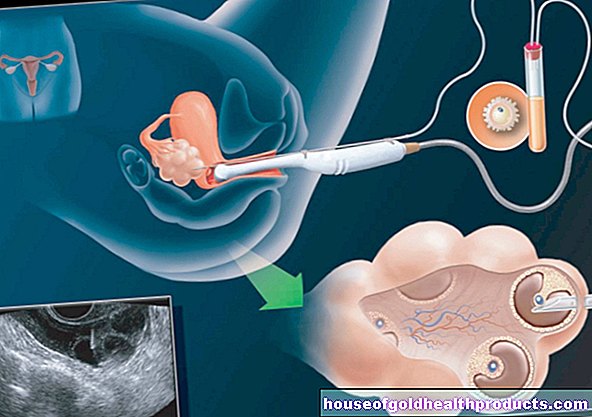
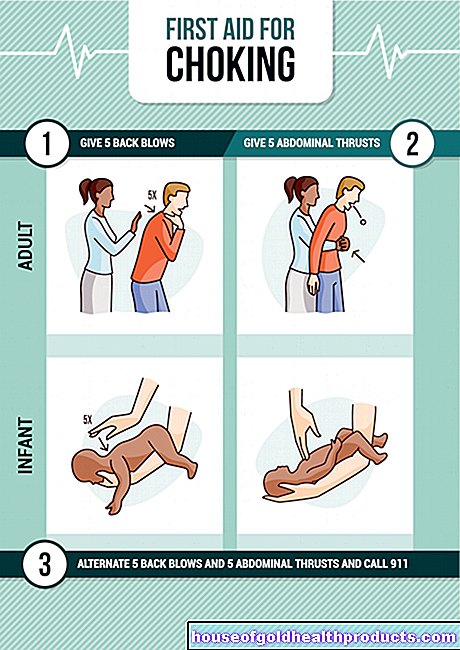
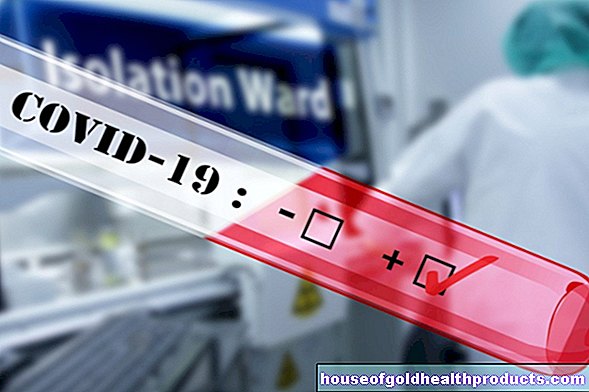
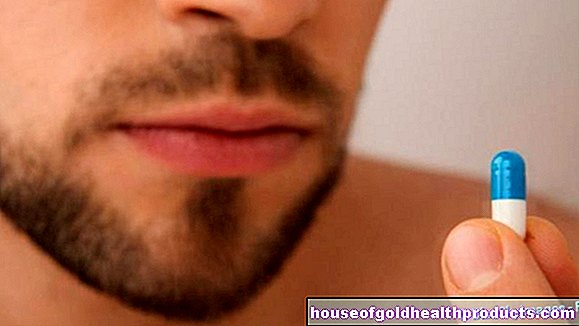
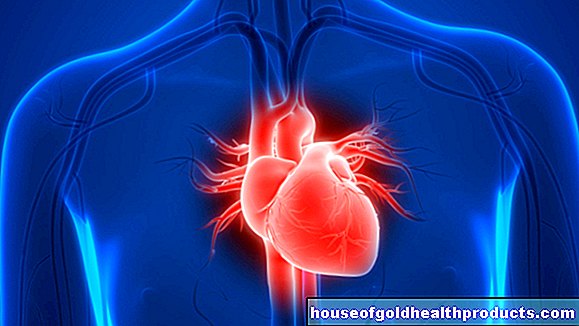
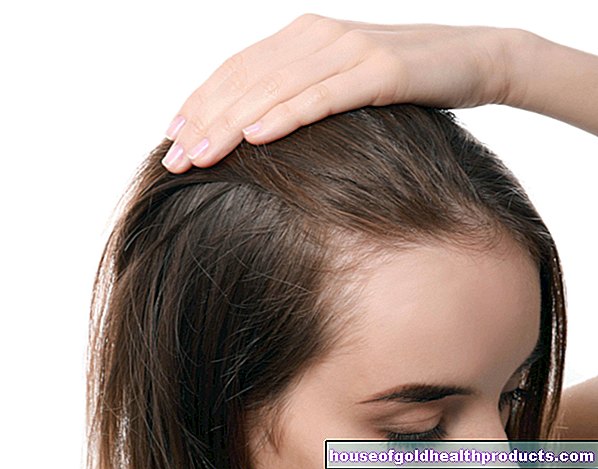


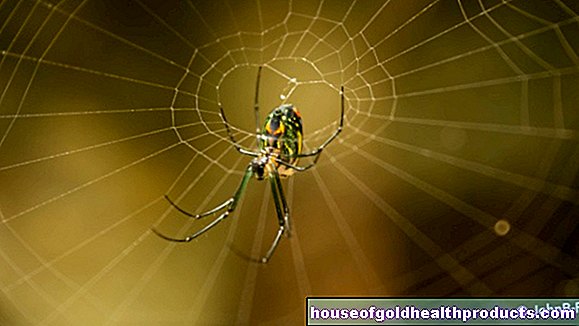


.jpg)

.jpg)

.jpg)
